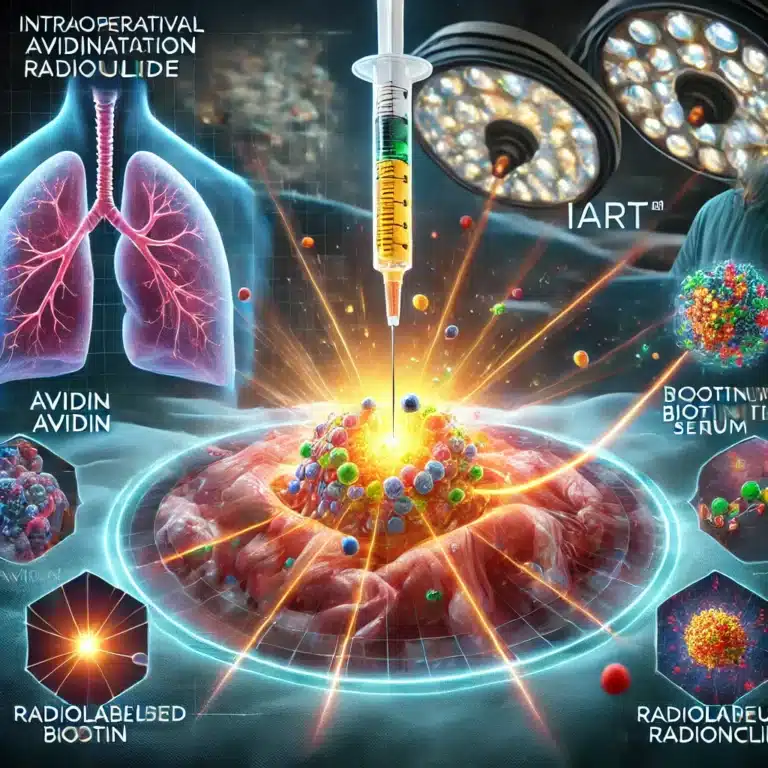Radiotherapy Side Effects
Radiotherapy, also known as radiation therapy, is a common treatment for cancer. It uses high-energy rays to target and destroy cancer cells. While it is an effective method for combating many types of cancer, radiotherapy can also cause a range of side effects. These effects can vary widely among patients, depending on the type of cancer, the location of the radiation, the dose, and the individual’s overall health.
Short-term side effects of radiotherapy typically develop during or immediately after treatment and usually resolve within a few weeks after the conclusion of therapy. One of the most common short-term side effects is fatigue. Patients often report feeling very tired during their treatment cycle, which can continue to affect their daily activities. Skin irritation, including redness, blistering, and peeling, can also occur in the area being treated. This is similar to sunburn and can be quite uncomfortable.
In addition to these, patients might experience more specific effects depending on the part of the body being treated. For instance, radiotherapy to the head and neck area can lead to dry mouth, difficulty swallowing, and changes in taste. Treatment in the abdominal or pelvic region can cause nausea, diarrhoea, and urinary discomfort.
Long-term side effects can be more serious and sometimes only appear months or years after treatment. These effects are less common but can include the development of secondary cancers, heart or lung problems in cases where the chest area has received radiation, and ongoing issues such as bowel or bladder damage when the abdomen or pelvis is involved.
The risk of long-term side effects is generally lower than many patients fear, but it is an important consideration in the planning and administration of radiotherapy. Advances in radiation technology have made it possible to target cancer cells more precisely, significantly reducing the exposure to healthy tissues and thereby minimising side effects.
Patients undergoing radiotherapy can take several steps to manage their side effects effectively. These include maintaining a nutritious diet, staying hydrated, getting plenty of rest, and using prescribed creams or medicines to help with skin problems. Communication with a healthcare team is crucial; they can offer advice, support, and sometimes medications to help manage side effects more effectively.
It is vital for patients to be well-informed about the potential side effects of radiotherapy. Understanding what to expect and how to deal with these effects can greatly assist patients in managing their treatment and maintaining their quality of life during this challenging time.
You are here:
home » Radiotherapy Side Effects

